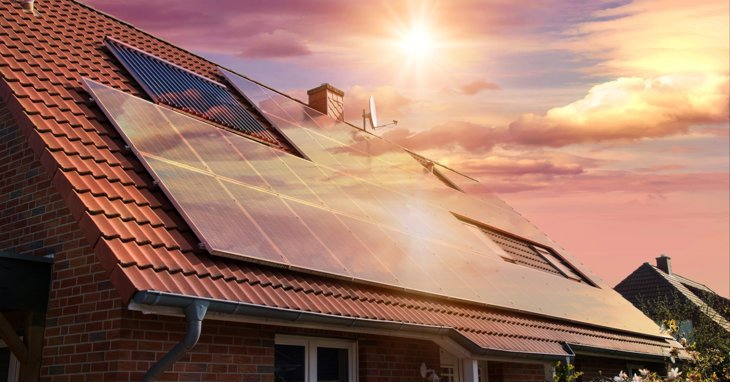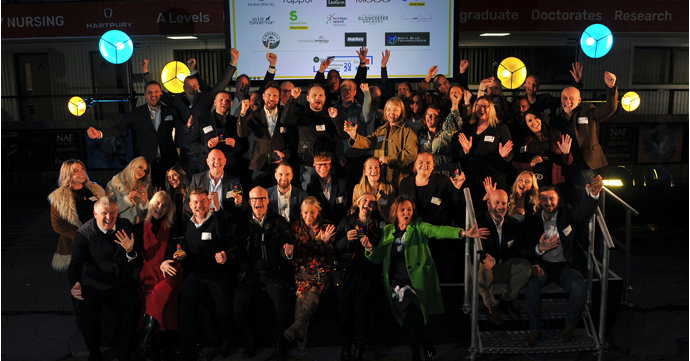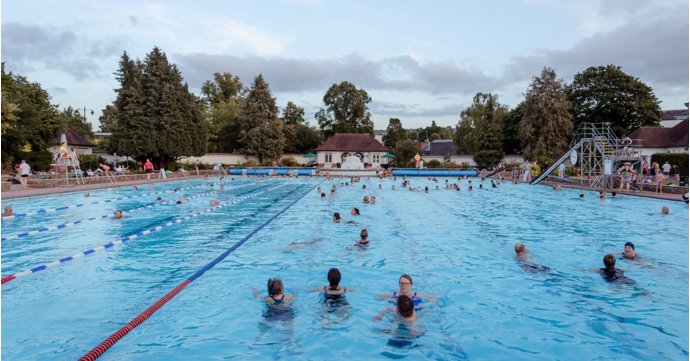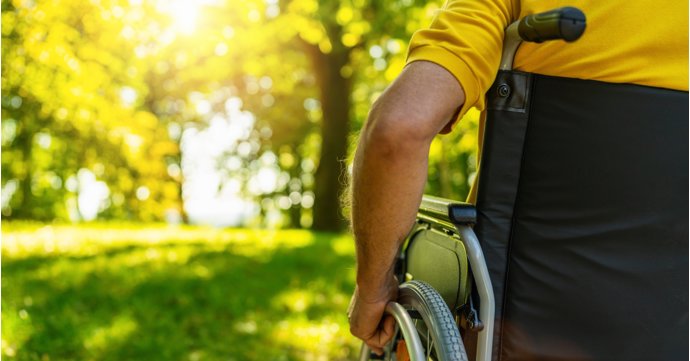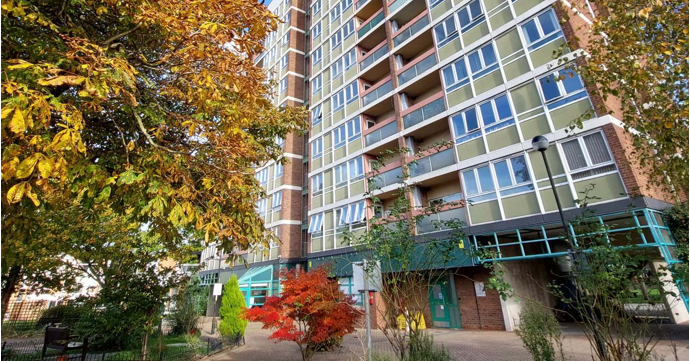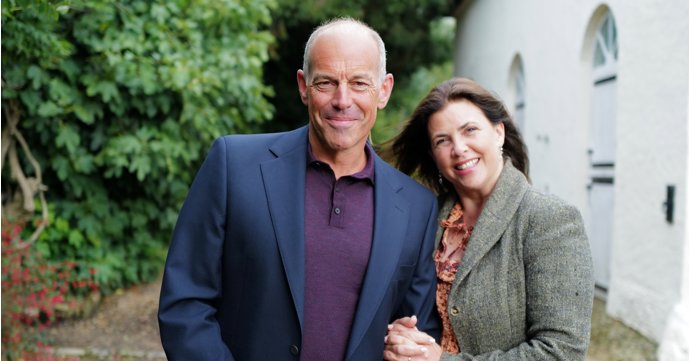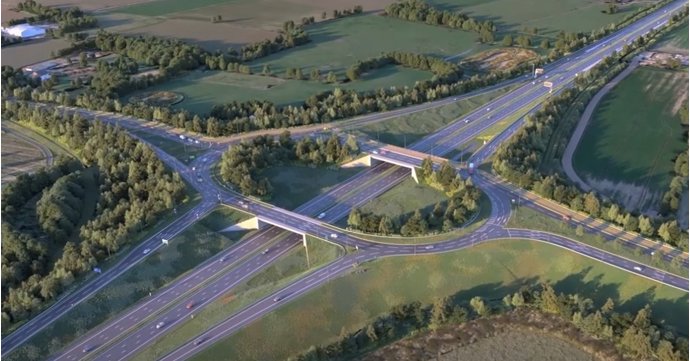Solar panels are officially the UK's most popular energy-efficiency upgrade. Last year, over 190,000 systems were installed across the country — the highest level of installations in 12 years — with nearly seven per cent of Gloucestershire households benefiting from solar power.
SoGlos spoke to Laurence Moseley, head of solar PV at Cotswold Energy Group, which is part of SCIS Group, to find out whether solar panels are worth the expense and what the long-term benefits are for Gloucestershire residents.
We've seen lots of solar panels popping up on houses across Gloucestershire. How do we know if our houses or flats are suitable for them?
Assessing suitability for solar panels involves considering roof angle, location and costs, as well as solar day and night patterns, seasonal generation fluctuations and the availability of viable roof surface areas.
For example, south-facing roof surfaces in the UK fare much better than any other position. Ideal angles range from 30 to 40 degrees, with geographic factors influencing performance and upfront expenses varying from supplier to supplier.
How many households in Gloucestershire already have solar panels?
Gloucestershire ranks in the top 25 English counties that have adopted solar panels in their homes. As of March 2024, figures from energy company Sunsave estimate that nearly seven per cent of Gloucestershire households have solar panels installed.
Do panels still work properly in the typical British weather?
Contrary to belief, solar panels remain effective in the UK despite cloudy weather, converting 10 to 20 percent of solar energy into electricity.
In fact, we’re seeing that more people in the south west are interested in solar PV installations, as the area has a higher solar irradiance — meaning more solar energy kilowatts per square metre.
How much money can we expect to save on our bills?
While requiring a long-term investment, solar panels can offer substantial savings on energy bills, potentially exceeding £400 annually for households with six-kilowatt to eight-kilowatt systems and participating in SEG payments (Smart Export Guarantee) — a tariff that pays you money depending on how much electricity you have exported back to the national grid.
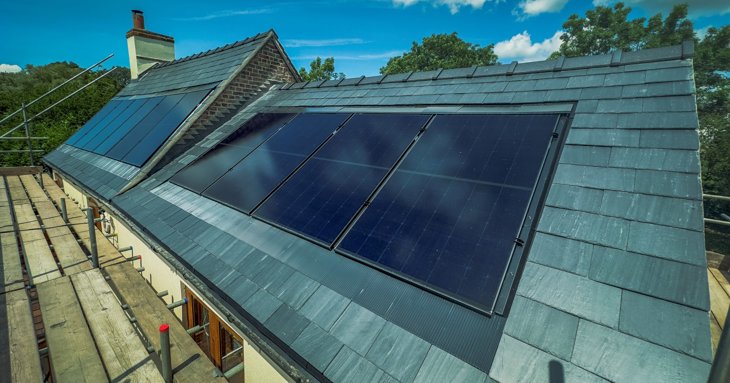
How long does the whole process take to install panels and do we need
planning permission?
Solar installations typically take a day, with larger projects possibly requiring more time. Scaffolding is erected a few days before and removed after installation, ensuring a clean property.
Planning permission may not be necessary for most properties unless the property is listed or a flat. I’d encourage all homeowners or occupants who are thinking about installing solar panels on their properties to get in touch with solar panel PV experts, who can share tailored suggestions based on individual circumstances.
Are there any grants or funding available to help us with the costs?
In recent years, various grants and funding initiatives have been available to provide solar panels, aiding customers in benefitting from renewable energy, enhancing energy efficiency and achieving grid independence.
It’s definitely worth looking at some examples of past and present grants, including the Energy Company Obligation (ECO4) scheme, Social Housing Decarbonisation Fund (SHDF), Home Upgrade Grant (HUG), and Local Authority Delivery Scheme (LAD), to see if you meet the criteria.
We understand panels last for about 25 years. What happens to them after that and can they be recycled?
Solar panels typically last 25 to 30 years, after which they need replacing. However, recycling old solar panels poses some challenges due to the expense and difficulty involved. At present only partial recycling is feasible.
Most panels are sent to e-waste facilities for salvage, primarily reclaiming aluminium, glass and copper, while the remaining components are usually disposed of in landfills.
And finally, what difference would it make to the planet if the
majority of households had solar panels?
Implementing solar panels in the majority of households would significantly reduce carbon emissions, mitigate environmental decline and enhance energy independence.
The widespread adoption of solar energy would contribute to a more sustainable future, diminishing reliance on fossil fuels, mitigating climate change and creating a cleaner, more resilient global energy system.


